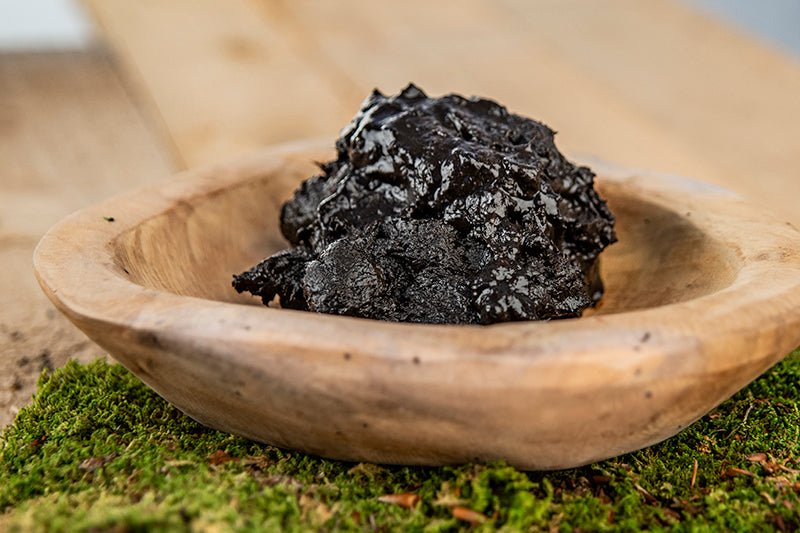
Is your furry friend withdrawn or downcast? It’s possible that your dog might be experiencing stomach discomfort. Here’s how to recognise the signs of abdominal pain in dogs and natural ways to help ease their discomfort.
Common Symptoms of Stomach Pain in Dogs:
Because dogs can’t tell us when they’re in pain, recognising the signs of abdominal discomfort is crucial. While stomach pain often resolves within a few days with the right care, it can sometimes indicate a more serious issue.
Note: The information and assistance in this article does not replace professional diagnosis and treatment by a veterinarian or animal naturopath.
Symptoms to Watch For:
- Curved or hunched posture
- Tense, hard stomach (noticeable when touched)
- Whimpering or squeaking in pain
- Increased grass-eating
- Excessive drooling or self-licking
- Restlessness and frequent stretching
- Sensitivity to touch
- Reduced appetite
- Diarrhea (If blood is present, contact a vet immediately)
If your dog’s abdominal discomfort lasts more than two days, it’s best to consult your veterinarian.
What Causes Stomach Pain?
Stomach pain in dogs can stem from various causes. Common culprits include infections, food intolerance, or inappropriate foods. For instance, dogs that roam unsupervised may eat something unsuitable while exploring, upsetting their stomach.
Some dogs may also develop stomach pain from eating too quickly, which can lead to food swelling in the stomach. This can cause discomfort, particularly in dogs with sensitive stomachs.
Natural Remedies for Stomach Pain Relief
While it’s tempting to reach for medications, synthetic treatments can irritate the digestive tract and weaken the gut lining, sometimes causing symptoms to reappear. Instead, try these gentle, natural remedies:
1. A Bland Diet
Our animal naturopaths recommend a simple diet of boiled rice or potatoes with cooked chicken. Light vegetables like blanched carrots or fennel can also be added to support digestive health.
2. Slippery Elm Bark to calm the stomach
Slippery Elm iSlippery Elm Bark is a gentle, natural remedy for digestive issues. You can prepare it as a syrup, which coats the stomach lining with soothing mucilage, ideal for easing symptoms like vomiting or diarrhea.
This syrup creates a protective layer on the stomach wall, calming irritation.Since this layer of mucus can potentially reduce the absorption of nutrients, the syrup should be administered at least 30 minutes before eating and at room temperature.
Watch our handy video clip on how to prepare the syrup.
3. Supporting the structure of the intestinal wall
A prebiotic supplement can help rebuild your dog’s intestinal flora. Rich in fiber and inulin, prebiotics nourish the beneficial bacteria in the gut, helping to maintain a balanced digestive environment and supporting the intestinal lining.
Inulin is particularly helpful for reducing inflammation in the intestinal lining and promoting regeneration. This gentle prebiotic can be given for up to four weeks to strengthen your dog’s digestive health over time.
Long-term support for the gastrointestinal tract
To support your dog’s or cat's gastrointestinal activity, our vets recommend Natural Moor Mud, This natural remedy, sourced from German moors, contains humic acids known to aid digestion and boost immunity. Additionally, it may help stimulate appetite and improve stool consistency. This product can be used every day to help your dog's (or cats) digestive health.



